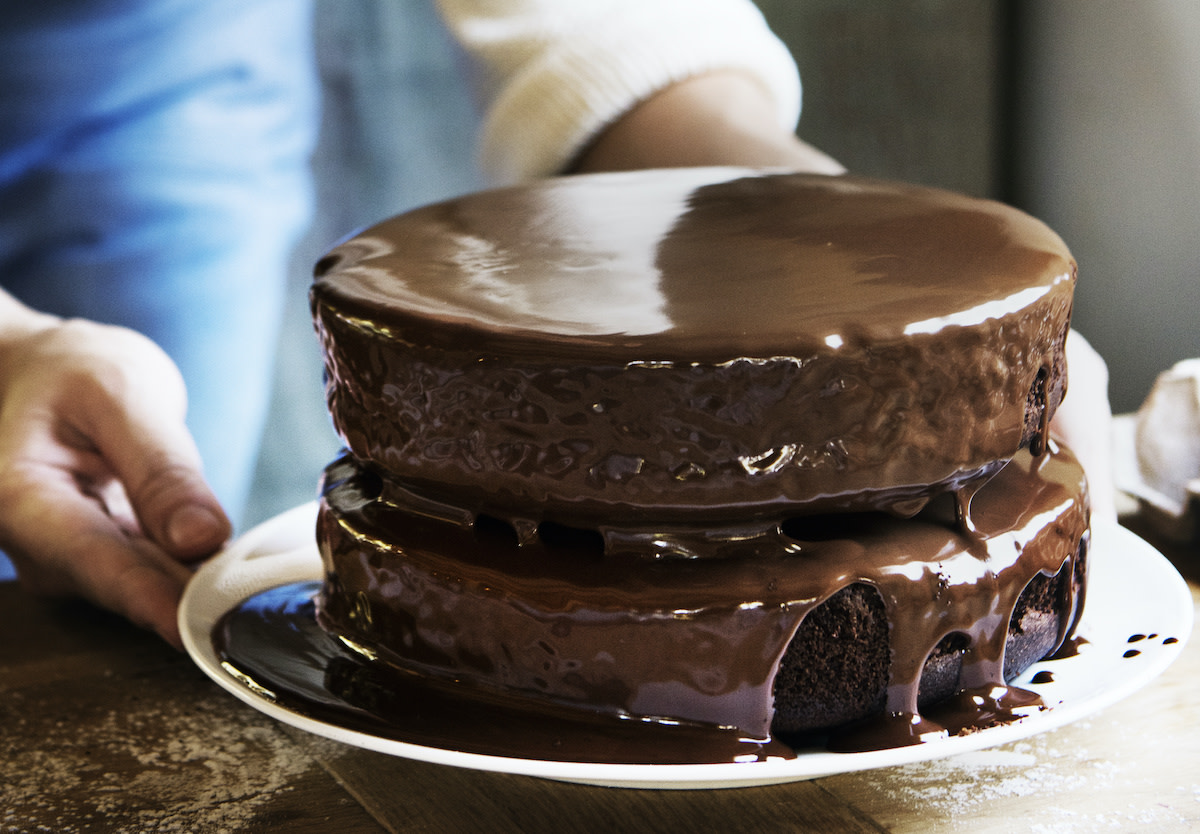How to Keep Cake Moist: 8 Cake Baking Tips
Written by MasterClass
Last updated: Dec 21, 2021 • 3 min read
Learn how to keep cake moist after you have made a flavorful birthday cake, bundt cake, pound cake, or another type of cake.
Learn From the Best
What Is Moist Cake?
Moist cake is a cake that is fresh or that includes ingredients to keep the crumb of the cake tender and soft. Overmixing the cake batter, overbaking the cake, or using too few wet ingredients can result in a dry cake. Storing the dessert properly helps to prevent a cake from drying out and losing its moisture.
How to Keep Cake Moist
Many factors can contribute to dry cake—beginning with the batter itself or occurring during or after the baking process. However, there are several techniques professional bakers use to ensure a cake stays moist. To achieve good results at home, consider following these steps from start to finish as you make your cake:
- 1. Use cake flour. Making a moist cake starts with the cake mix. If a recipe calls for all-purpose flour, opt for cake flour instead to create a more moist, tender crumb. Additions like sour cream, buttermilk, or applesauce can also infuse moisture and prevent a dry cake. Baking soda or baking powder also ensures a nice lift in baked goods.
- 2. Avoid overmixing. Over-beating butter can result in too much trapped air, which will deflate in the oven and result in a dense cake. Additionally, overmixing cake batter after you’ve added the dry ingredients can produce too much gluten, leading to a tough and dry cake. Mix a batter just until you incorporate the dry ingredients and no further.
- 3. Maintain the right baking temperature. The standard temperature is usually 325 degrees Fahrenheit to 350 degrees Fahrenheit, although this depends on whether you are making cupcakes, a sheet cake, or cake layers in individual cake pans. Baking at a temperature much higher than this runs the risk of drying out your cake. It’s, therefore, advisable to use a separate oven thermometer to ensure your cake bakes at the right temperature.
- 4. Avoid overbaking the cake. Baking times can vary depending on the size of the cake, so follow the recipe closely. Toward the end of the recommended baking time, start testing the cake with a toothpick. Remove the cake from the oven as soon as the toothpick comes out clean (no wet batter sticks to it).
- 5. Soak the cake. Pastry chefs often soak cakes in a simple syrup made of equal parts granulated sugar and water after the cakes come out of the oven. This step can add sweetness and moisten the cake. In addition to simple syrup, you can also use coconut milk, evaporated milk, or flavored liqueur. Apply the liquid with a pastry brush for even distribution across the top of the cake and the sides of the cake.
- 6. Add moisture between the cake layers. In addition to soaking each cake layer, you can use wet fillings to add moisture to a cake. For a chocolate cake, try using a cherry pie filling or chocolate mousse. For a fruitcake, use dried fruit that you have soaked in a liqueur.
- 7. Frost the cake right away. The longer you leave a cake unfrosted, the more likely it is to dry out. If you plan to serve the cake soon, let a baked cake cool to room temperature, then frost it right away. Tightly cover the cake and store it in the refrigerator for no more than three days. Alternatively, you can freeze the unfrosted cake for up to a few months as long as you have wrapped it tightly.
- 8. Store the cake properly. When left out at room temperature without any covering, a baked cake—even a frosted cake—dries out quickly. A better way to store cake is to cover it in plastic wrap followed by aluminum foil. This seals in moisture and prevents air from drying out the cake. Store cupcakes in an airtight container. Avoid storing cakes in the refrigerator, even if you have sealed them tightly, for longer than a few days.
Want to Learn More About Baking?
Become a better baker with the MasterClass Annual Membership. Gain access to exclusive video lessons taught by the world’s best, including Joanne Chang, Dominique Ansel, Gordon Ramsay, Chef Thomas Keller, Mashama Bailey, and more.
